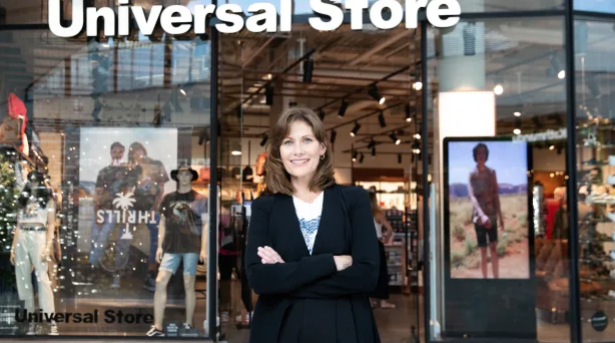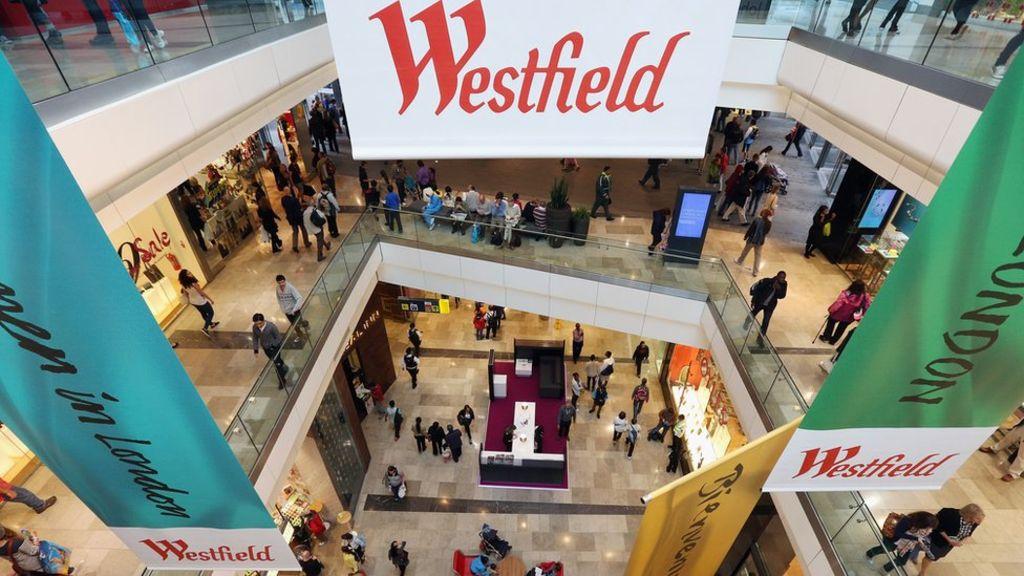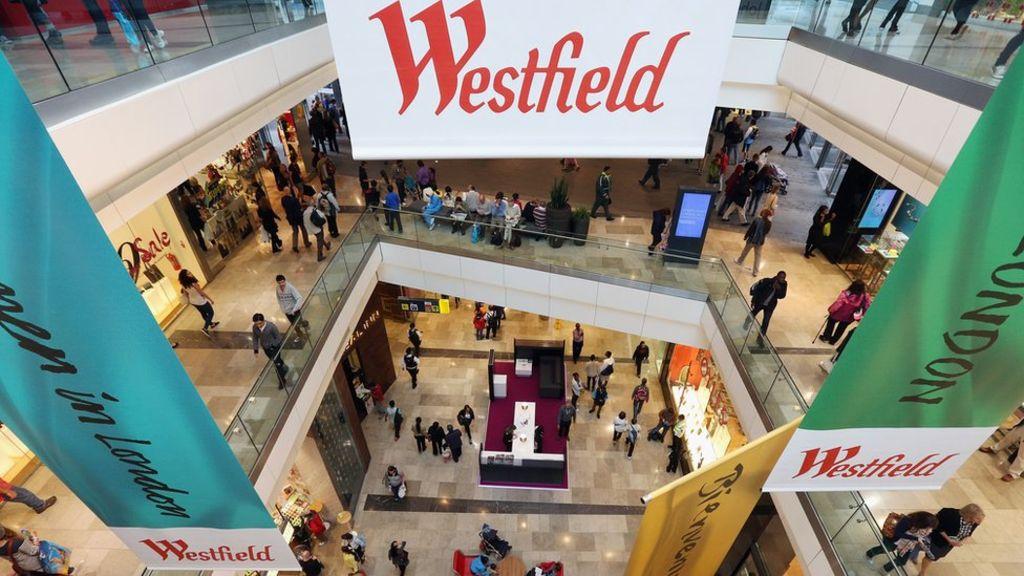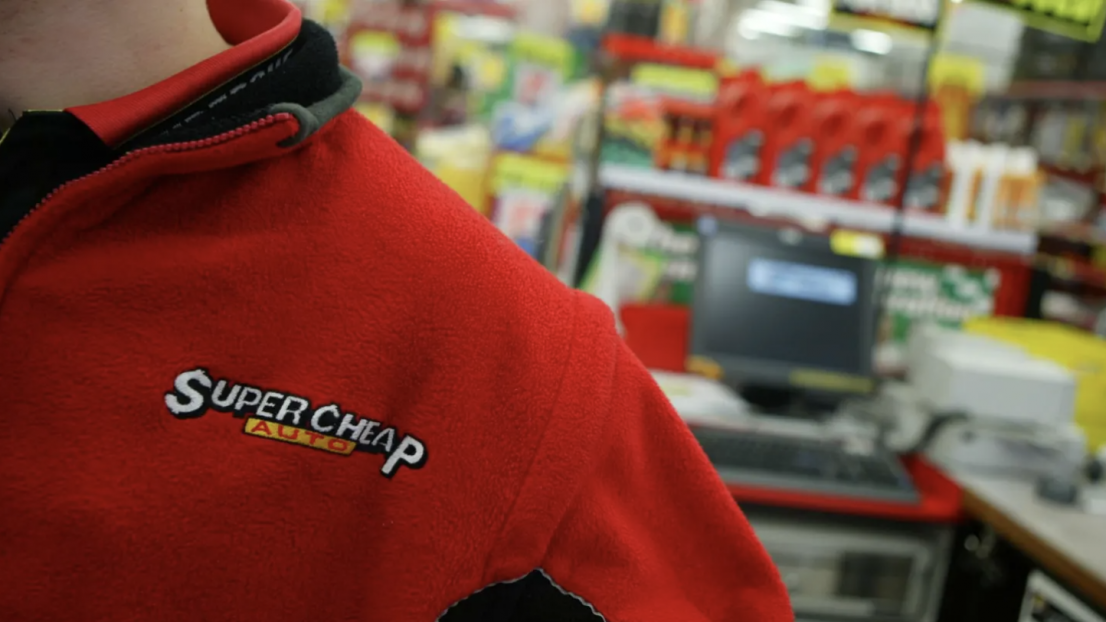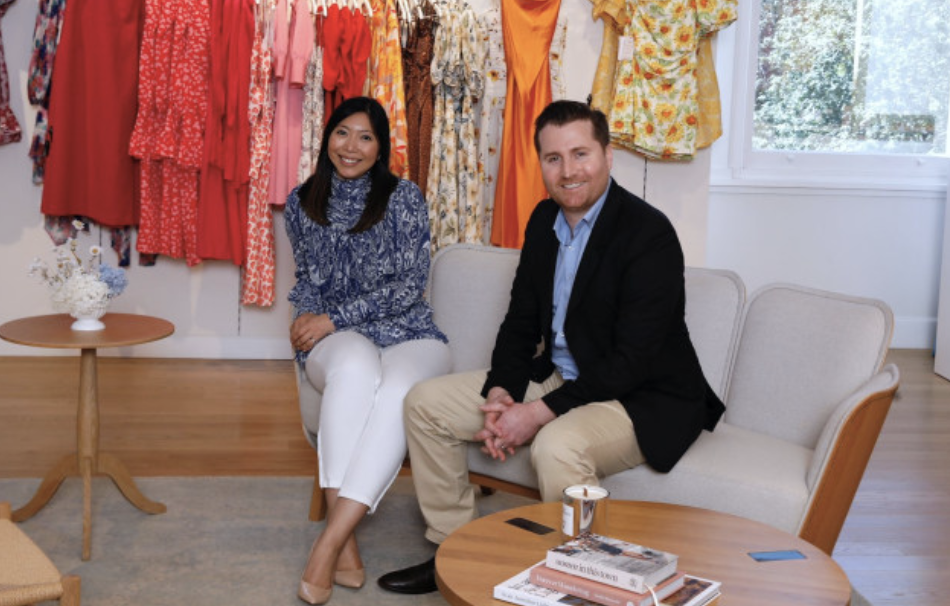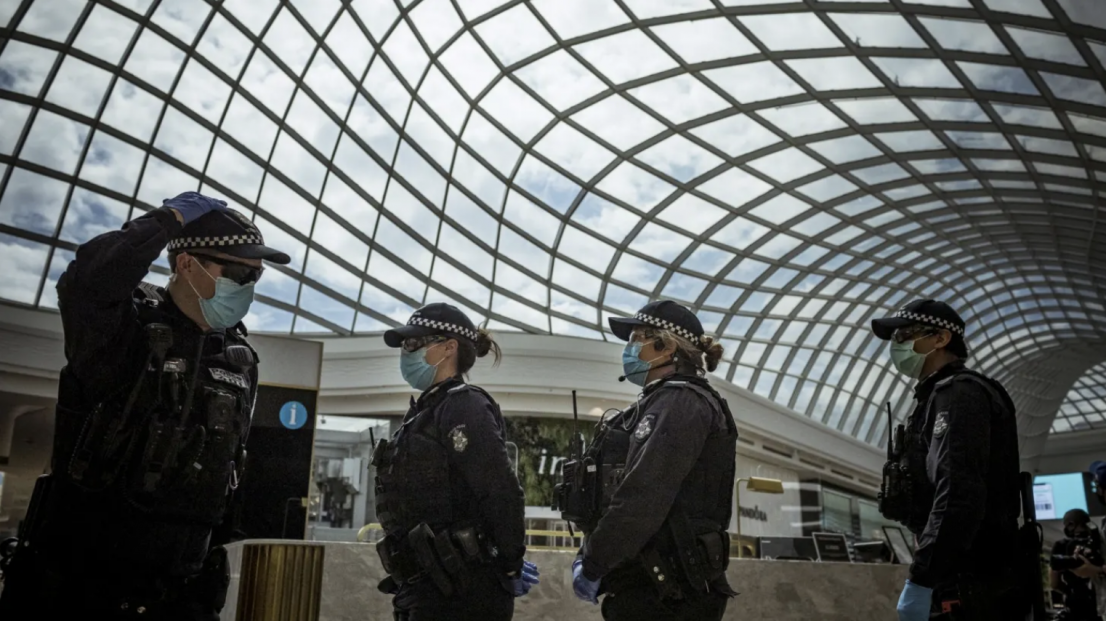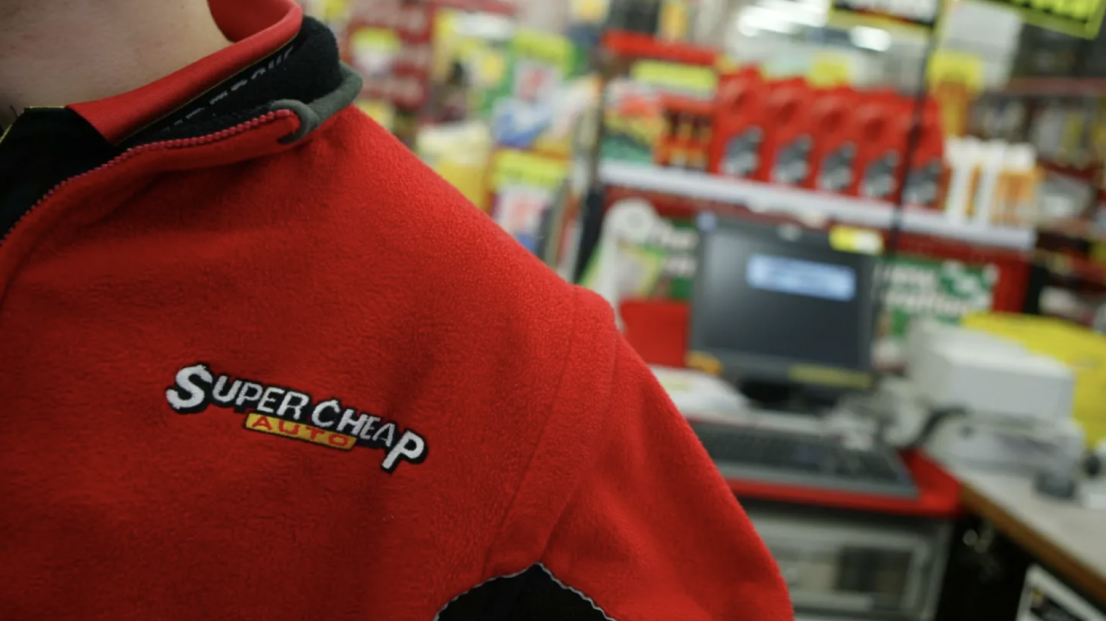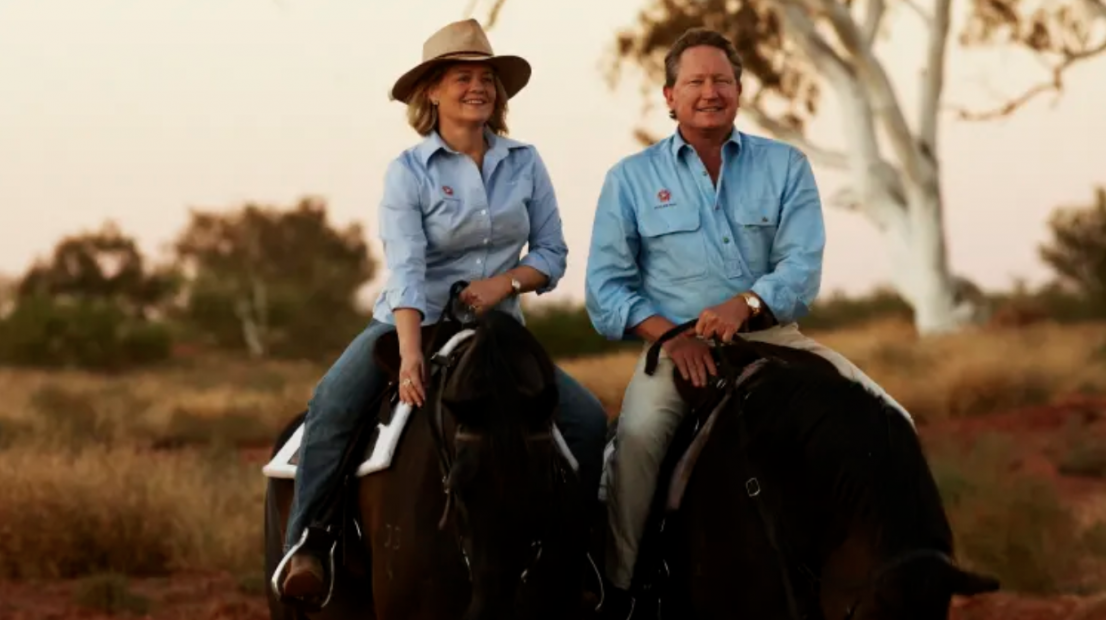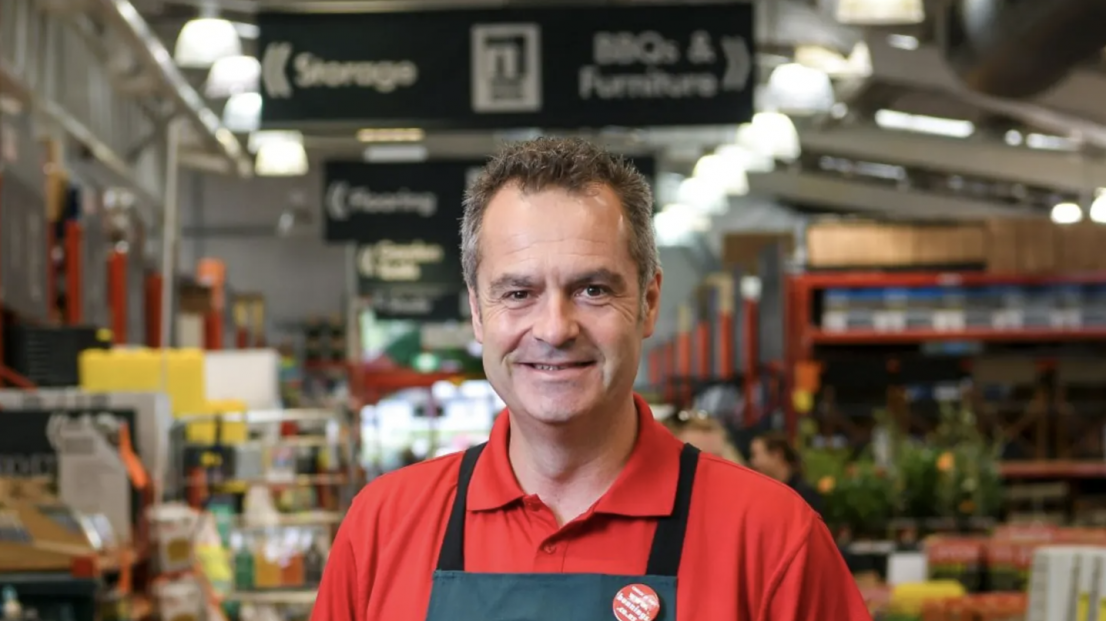
Victorian retailers have expressed a mixture of relief and disappointment over the state government's easing of restrictions, with many questioning why stores are not able to reopen sooner.
With low case numbers and a 14-day average, here's what Victorians can do from 11.59pm, Sunday 18 October.
On Sunday, Premier Daniel Andrews announced that retailers could open their doors with COVID-19 precautions in place from November 2, though this date might be brought forward if case numbers remained low.
Mike Schneider, the chief executive of $15 billion hardware retailer Bunnings, said while he welcomed the clarity provided by the government, he was disappointed larger format stores were unable to open.
"We’re disappointed that the different risk profiles in the retail sector have not been recognised, particularly standalone large format retail with outdoor adjacencies and stringent COVID-safe measures," he said.
"Reopening retail is vitally important to rebuilding the Victorian economy and to restoring a sense of normality to people’s lives."
Office supply company Officeworks, which is also owned by Bunning's parent company Wesfarmers, was similarly displeased. Managing director Sarah Hunter said the announcement was disappointing given the low case numbers in metropolitan Melbourne.
Ms Hunter added she was hopeful the sector might be able to reopen sooner than November 1, but noted the ongoing lockdown and further delay to resuming trading would have an outsized effect on smaller retailers that Officeworks relied on as both suppliers and customers.
"We are becoming increasingly concerned for our small and medium business customers who have borne much of the economic hardship of the lockdowns and as we move closer to Christmas, the extension of restrictions is likely to impact this group the most," she said.
Large retailers such as Bunnings and Officeworks have been lobbying the state government to be able to reopen for weeks, pointing to supermarkets as an example of the low virus risk in bigger retail spaces.
Small retailers were also lukewarm on the Premier's announcements. Caleb Brown, who heads up major retailing group Brand Collective, told The Age while he was broadly pleased about the plans, he questioned why the sector had to remain shut for a further two weeks.
"We remain a bit bewildered as to why we've been closed for so long, and why we continue to be closed until the first of November," he said.
"It beggars belief that you can purchase a pack of smokes but not a pair of school shoes under the current public health directions."
Mr Brown's company, which operates brands such as Superdry, Clarks and Volley, has had more than 35 stores shut in Melbourne through the lockdown. He's hopeful the government will be able to stay the course and prevent any further outbreaks, noting Christmas in the state would have to be "cancelled" if retailers were unable to open through November and December.
If the November 2 date goes ahead, retailers will be set to open for the Christmas season, which unofficially kicks off on Cup Day. Being able to prepare for the season, which is far and away the most important sales period for retailers, is an "enormous relief", according to Australian Retailers Association chief Paul Zahra.
"We're grateful to have a date, and I think Christmas will still be on, but just by the skin of its teeth," he said.
The industry body is now urgently calling on the government to provide clarity on what safety protocols retailers will be required to meet when it comes to reopening, saying requirements such as scanning QR codes on entry may be difficult to meet for larger retailers such as Myer.
But despite Mr Zahra's positivity, the former David Jones chief was not confident in the state government holding the line on the mooted reopening date, noting the year had been one of many "delays and disappointments".
"However, in saying that, we've got to remain positive and trusting," he said. "But if that trust is dashed for the second time, then once bitten, twice shy."
CBD outlook still poor
While a November reopening would give small retailers plenty of time to benefit from the Christmas rush, it will be of little help to retailers located in and around the Melbourne CBD.
Stores such as upmarket fashion retailer Harrolds are expecting to see a small percentage of the customers they usually would over the festive season. Managing director and Melbourne City Council candidate Mary Poulakis said CBD retailers would be "decimated" until workers were able to head back into the office.
"[Daniel Andrews] could say open tomorrow, but it would make no difference," she said. "Everyone will be jumping up and down and champing at the bit to make the tills ring, but until he says 'go back to work', the CBD is decimated."
Ms Poulakis said the November 2 reopening date was sooner than she had expected and was looking forward to "getting open and staying open" after two more weeks of "purgatory".
But once stores reopen, a flurry of consumers racing back into shops could put a strain on the sector, warns Bunnings boss Mr Schneider.
"We do still have genuine concerns for both our team members and the community that the re-opening of retail on a single day will see large numbers due to built-up demand," he said.
"Particularly in the lead up to Christmas, we believe this will significantly increase anxiety and risk for customers and retail employees."
Mr Brown said he expected there would be a rush of customers once stores reopened, especially those looking to return online orders received during lockdown, however, he welcomed from a sales perspective.




